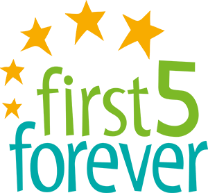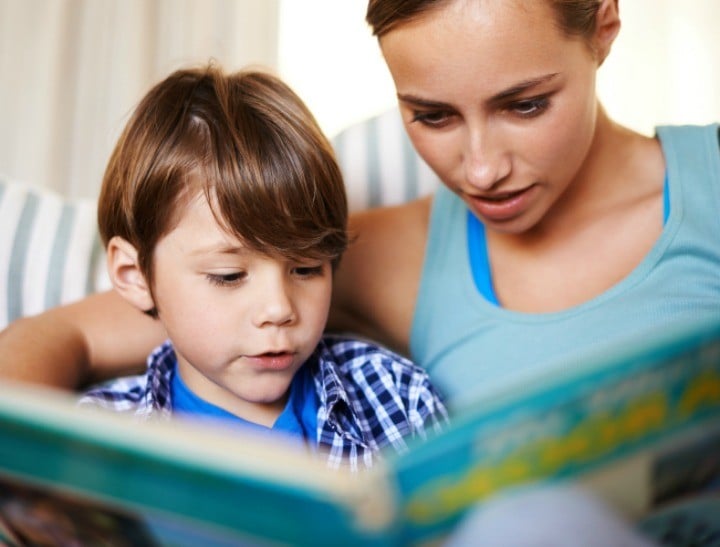
I am constantly thinking about how to help my children reach their full potential, wondering if I am doing enough for them and providing them with the right opportunities. From the moment they were born I was concerned with educating them, stimulating their little brains in the right way and doing more to help them grow than the standard feeding, cleaning, blowing raspberries on their tummies.
Now that my kids are all school-aged, I can really see how beneficial many of our activities together have been and watching them grow and develop as people is so incredibly rewarding.
Here are four ways you can give your child a helping hand in life, regardless of their age and specific interests.
1. Shared Reading.
It’s a well-known fact that reading with our children is incredibly important and we’re encouraged to start sharing stories with our children from a very young age. Research shows that when parents read with their kids, thereby increasing the number of words they are exposed to, it can increase that child’s vocabulary by the age of three. The National Literacy Trust State of the Nation Report 2013-2014 outlined just how big an impact early exposure to reading and sharing stories can have on a child’s development.
Reading with your children, which includes talking about the pictures, asking questions and discussing the meaning of the story, from a young age also establishes a love of reading in children which can be of benefit to them for the rest of their lives, but in particular through their school years. Two out of three of my children have developed that love of reading. The other one, well, it depends on the book but I persevere because I know how important it can be.





























































































